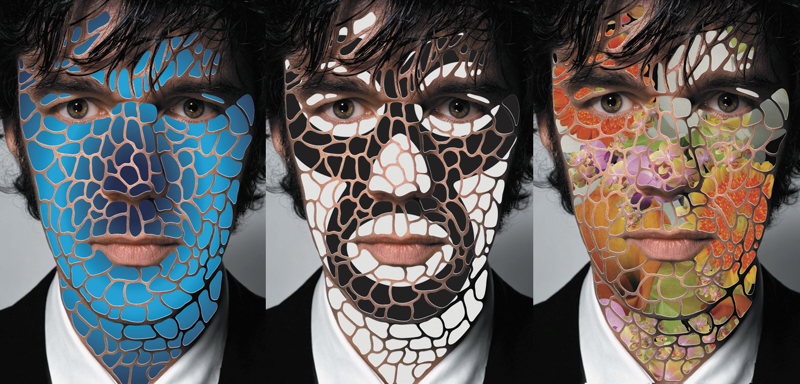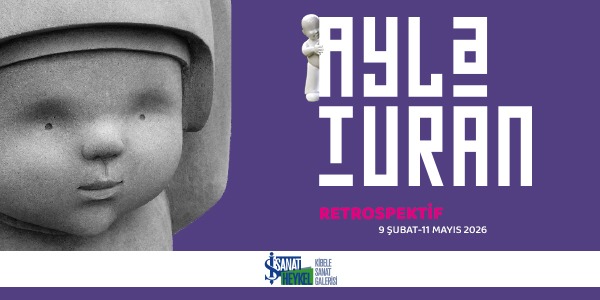In the bustling world of design, few names resonate as profoundly as Stefan Sagmeister. The celebrated artist, known for his avant-garde album covers for the Rolling Stones and David Byrne, is being honored with a major retrospective.
This fall, the School of Visual Arts in New York, where Sagmeister imparted his wisdom for many years, will host “The Masters Series: Stefan Sagmeister,” a homecoming that promises to illuminate the 61-year-old’s indelible contributions to design.
Sagmeister’s oeuvre is a testament to innovation, perhaps most notably marked by his audacious use of his own body as a canvas. As the music industry transitions into the digital age, with streaming services eclipsing physical media, the exhibit underscores the enduring allure of album cover art. Sagmeister remains a steadfast devotee, asserting that “great covers very often contain great music while the opposite is not necessarily true.”

The decline of vinyl and CD production, once epitomized by multi-million print runs for artists like Jay-Z, is now a niche market catering to collectors and audiophiles. Despite this, Sagmeister observes a peak in the quality of vinyl cover design, though its cultural significance has waned. He laments, “There likely was never anybody greater than Storm Thorgerson of Hipgnosis. He created the most iconic covers in history,” while also expressing admiration for contemporaries like Chip Kidd and Javier Jaen, and finding current inspiration in artists such as James Turrell and John Baldessari.

Sagmeister’s legacy, however, extends beyond album covers. His recent five-year project visualizes long-term human progress amidst the chaos of short-term media narratives. He reflects, “If we look at developments concerning the world from a long-term perspective—the only sense-making way—almost any aspect concerning humanity seems to get better.”
A pivotal moment in Sagmeister’s career was the 1999 AIGA Detroit poster, where he carved event details into his own skin, merging the realms of physicality and design. This act, emblematic of his philosophy, showcased his commitment to authenticity and the art of making. “I had always loved work where the story of the making becomes part of the design,” he recalls, dismissing the notion of relying on Photoshop for such an impactful piece.
Sagmeister’s influence extends to his published maxims in “Things I Have Learned In My Life So Far,” where his diary entries transform into intricate typographic art, such as the memorable 6,500 ripe and unripe bananas installation. These works, he notes, inadvertently sparked a trend of typographic wisdoms on social media.

Despite his work often gracing art museums, Sagmeister maintains a pragmatic view of his craft. “I see everything we do as design, simply because all of it needs to have some functionality,” he asserts, distinguishing his creations from “pure art” that exists free of utilitarian constraints.
Reflecting on his tenure at SVA, Sagmeister acknowledges the reciprocal nature of teaching. “Being a teacher required me to put my own thoughts to words to share them with students, which helped me do the same with my studio practice,” he notes. This exchange of ideas birthed innovative concepts, such as a book cover for Jay-Z inspired by a child’s math book with red-filtered answers.
“The Masters Series: Stefan Sagmeister” will be on display from August 29 to October 12, 2024, at SVA Chelsea Gallery, 601 West 26th Street, 15th floor, New York City—a tribute to a designer whose work continues to shape the contours of contemporary visual culture.









